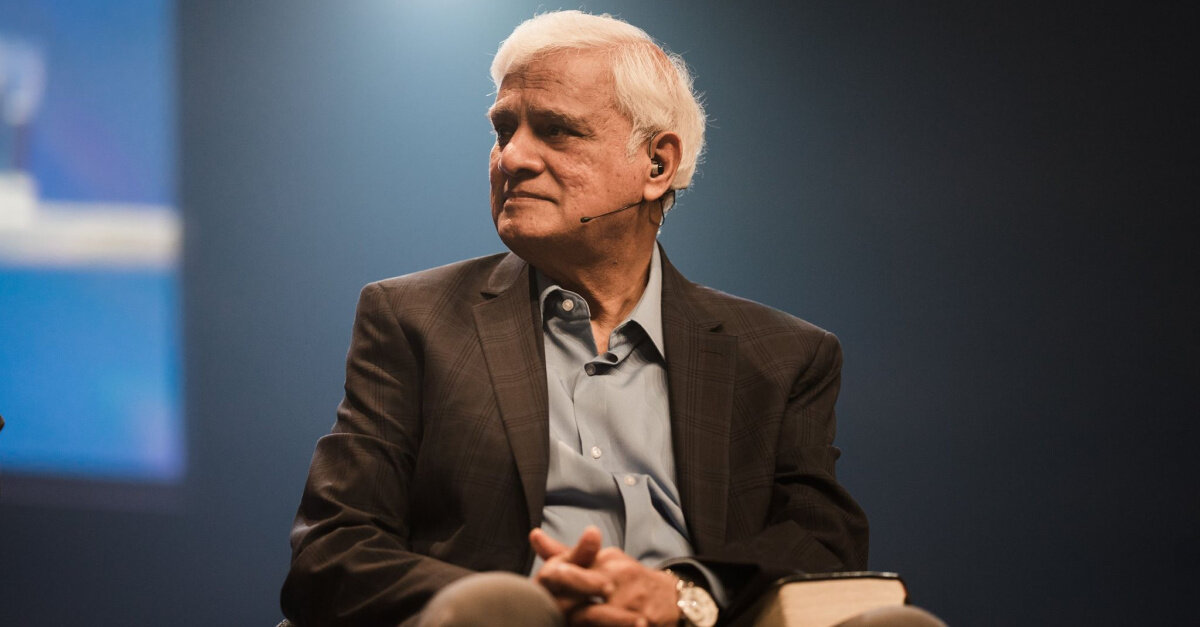Ravi
Far more erudite and estimable thinkers have already given their thoughts and reactions to this catastrophic downfall, but I thought I’d add just a few things I haven’t seen articulated quite yet.
+
1. God’s use of a person does not demonstrate God’s approval of that person.
One of my greatest mentors often reminded men’s groups he spoke to that God is fully capable of using you to bring an entire city to faith and then sending you to hell. It is human wisdom, which is to say that it is faulty, to believe that God would only activate a person He greatly approves of to accomplish important things for the kingdom. But the amount of ministry accomplishment on a man’s resume, the number of saved souls or the amount of YouTube views, conference speaking appointments, published books or high profile Christian acquaintances and endorsements is absolutely nothing in the balance in comparison to his level of submission and obedience to Christ. You cannot use worldly or human metrics to judge the work of God in a person’s life. Solomon wrote Ecclesiastes and much of Proverbs and led Israel into abhorrent idolatry. Obedience is the only true barometer of the depth and seriousness of our belief. Outward and external indicators mean next to nothing.
2. The respect and approval of men does not negate the need for accountability.
It is easy and perhaps natural to believe that high profile Christian speakers with platforms, churches, organizations and ministries are somehow more than what they are, which is depraved sinners in need of forgiveness, prone to the very same temptations shared by the rest of the - quote/unquote - “normal” Christians. We may not ever vocalize it, but many of us almost automatically believe that if a man is prominent and successful in ministry, especially over a significant span of time, then his level of holiness must simply be a step or two or ten above the usual. We revere him, not because we know him personally or have been close enough to see him struggle with godly resilience and humble dependence, but because we feel like we ought to because of his prominence, intelligence or eloquence. (Christian institutions and culture have not exactly eagerly or explicitly downplayed this misconception, either.) The problem, however, is that power and wealth create opportunity while fame and reputation create a sense of entitlement. The successful Christian speaker, pastor or minister may actually be more at risk of succumbing to temptation precisely because of his success. Personal and serious accountability is the tried-and-true defense against those ever-present temptations that plague us all and notoriety is no excuse to dodge it.
3. Ravi’s failures do not negate any of the truth he communicated.
Truth is God’s because God is truth. As mentioned before, Solomon wrote Ecclesiastes. We don’t rip it out of our Bibles because of his idolatry. The Word of God is the grid we use to judge the truth and veracity of an idea or statement, not the moral character of the person saying it. If Ravi said or wrote true things, then they are still true today because they were not ultimately Ravi’s truths. They were never dependent on him for their value or dependability. It certainly seems that despite his sin and failure, people were led to faith in Christ and arguments held against the knowledge of God were torn down. That is good work and it is not invalidated because Ravi blew it. Make no mistake: Ravi blew it, but God did not. He did not and He does not.
Let us all work out our own salvation with fear and trembling. And, as Peter wrote, “[B]e diligent to be found by Him without spot or blemish, and at peace,” and “take care that you are not carried away with the error of lawless people and lose your own stability. But grow in the grace and knowledge of our Lord and Savior Jesus Christ. To Him be the glory both now and to the day of eternity. Amen.” (II Peter 3:14, 17-18)
To Him. To Him and to no one else.
